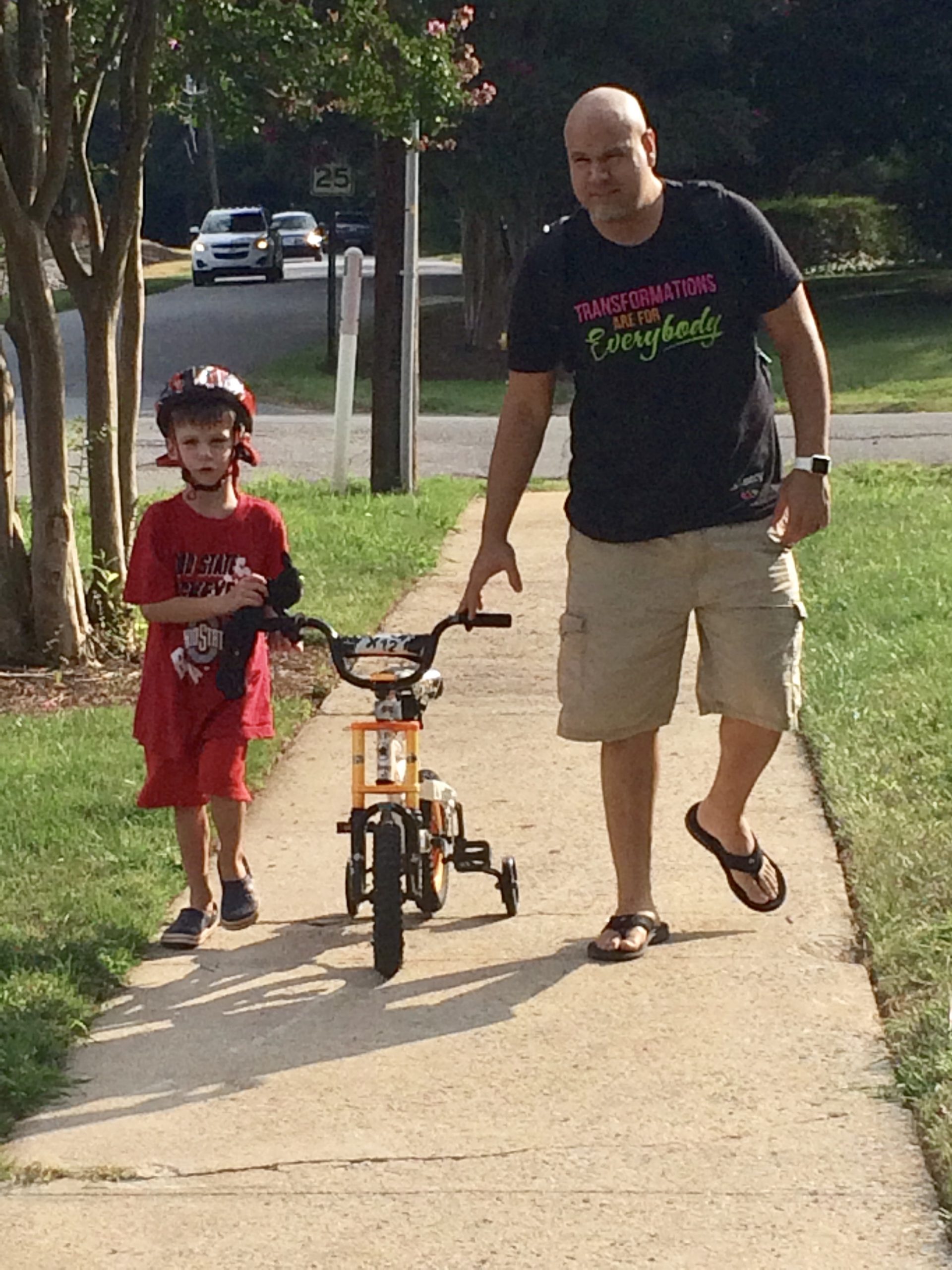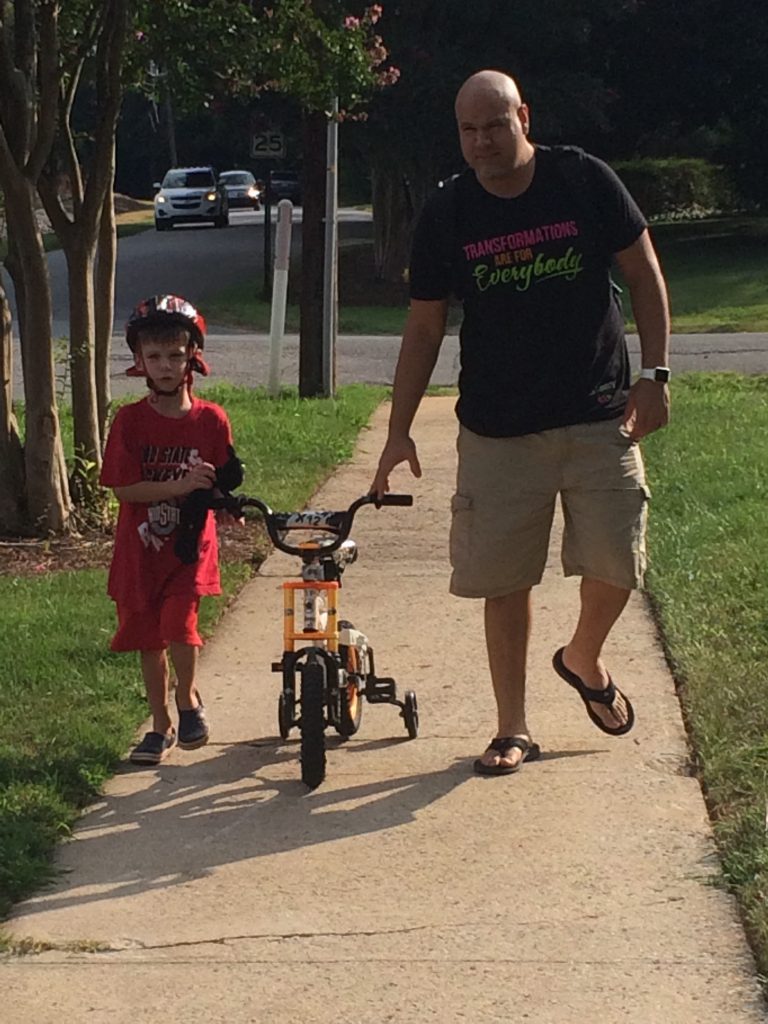Mental health, resilience and well-being is not a focus in today’s schools. However, many psychologists think it is a necessity for educating the student as a whole. Everyone has mental health. And, it is something that everyone has to face at some point. It may be in helping someone else or in dealing with a stressful time. Schools stress physical health but do not focus on the mental aspects of growing up.
According to Sarah Brennan, Chief Executive of YoungMinds: ” Children should learn about mental health from a young age, and wellbeing should also be a fundamental priority in every aspect of the education system.” Today, children face a multitude of problems as the grow. They face pressures of bullying, exams, divorce, changing schools, eating issues, grades, etc. to name a few. Most children, with the help of a supportive adult, are able to handle stressful situations. But, problems still arise for some children and teens.
Mental Health Education
Schools must teach skills that are relevant to a student’s or a child’s everyday life. Children must come to understand their own moods and thoughts. In addition, they must learn to ask for help. More importantly, they must know who and where they can go for help.
Schools need to equip students to function in today’s society. Many programs in schools begin with the school guidance counselor. And, many counselors are glad to help classroom teachers bring awareness to this subject. Educators must teach children that their lives matter. In other words, they must teach students to engage in activities that involve self-care. Such activities include meditation, journaling and talking freely about feelings.
How To Help
• First, train Counselors, teachers and students to see the signs of distress in others.
• And, teach that it is okay to seek help.
• Encourage counselors to teach primary prevention for stress management.
• Educate children to be free to talk about problems and feelings.
Teaching the importance of mental health and the signs of illness is necessary. In this process, a healthier generation prospers. The goal is to develop sound mental health habits and quick intervention when necessary. This are the skills that will be used for a lifetime.
![]()



